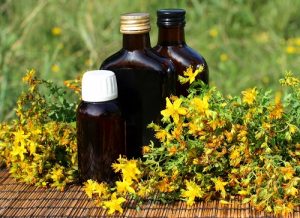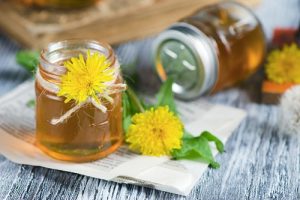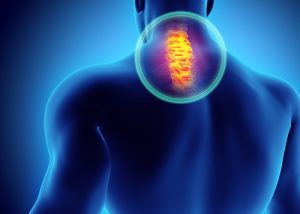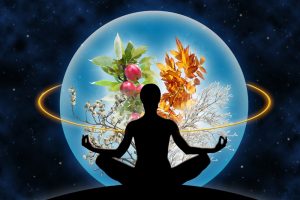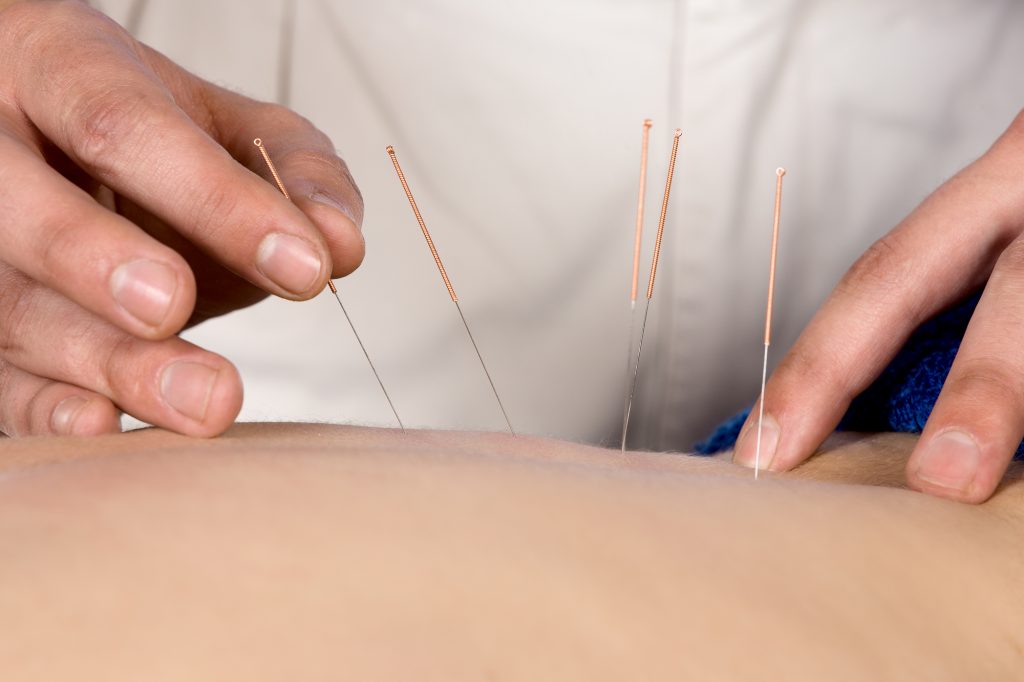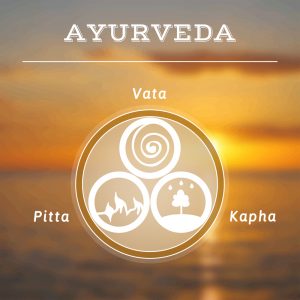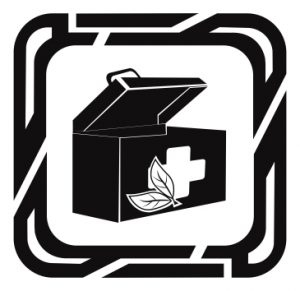Chinese medicine is a venue many turn to in search of herbs and managing long term health. Chinese medicine practitioners usually own local shops and expertise in these areas. They consider balance to be the key in life itself and utilize Chi and concepts of Yin and Yang in managing health. When something in the body is imbalanced, they look for herbs or practices to restore that balance in the body.
It is imperative though that individuals who look to these resources inform primary caregivers and have proper guidance to know what can mix with current medications. Holistic and Integrative Healthcare Specialists understand both Eastern and Western concepts and how they interact. Holistic Nurses can play key roles in helping individuals identify the best resources and Chinese herbs to utilize as well as individuals to potentially purchase from and work with.

Commentary
Chinese Herbal Medicine (CHM) is a traditional form of healing that has been used for centuries in Asia and has recently gained popularity in the West. It is based on the principles of Traditional Chinese Medicine (TCM) which is a holistic approach to health and wellness that emphasizes the balance between mind, body, and spirit. CHM involves the use of natural herbs and plants to treat a variety of ailments, from digestive issues to mental health. In this article, we’ll explore the history of CHM, its many benefits, the common herbs used in it, its relationship to Western medicine, how to get started with CHM, and its safety considerations.
What is Chinese Herbal Medicine?
Chinese Herbal Medicine is a branch of Traditional Chinese Medicine (TCM) that uses natural herbs and plants to treat a variety of ailments. It is a holistic approach to health that focuses on treating the whole person, rather than just a single symptom or condition. The herbs used in CHM are believed to be able to balance the qi, which is the energy that flows through the body and is responsible for its overall health. The herbs used in CHM are usually combined into formulas that are tailored to the individual’s needs.
CHM is one of the oldest forms of medicine, with a history that dates back thousands of years. It is still widely used in Asia and is gaining popularity in the West. CHM is often seen as a complementary form of medicine, meaning it can be used together with conventional Western medicine to treat a variety of ailments.
Traditional Chinese Medicine History
Traditional Chinese Medicine (TCM) has a long and storied history that dates back more than 2000 years. It is based on the ancient Chinese philosophy of Daoism, which emphasizes the balance between yin and yang and the importance of keeping the body’s qi (energy) in balance. The earliest forms of TCM used herbal medicines, acupuncture, and moxibustion (a form of heat therapy) to treat various ailments.
Over the centuries, TCM has been refined and developed and is now used to treat a wide range of ailments. It is still widely used in Asia and is gaining popularity in the West. In recent years, more and more Western doctors have begun to incorporate TCM into their practice, and it is now widely accepted as a valid form of medicine.
Benefits of Chinese Herbal Medicine
Chinese Herbal Medicine (CHM) has many benefits. It is a holistic approach to health that focuses on treating the whole person, rather than just a single symptom or condition. The herbs used in CHM are believed to be able to balance the qi, which is the energy that flows through the body and is responsible for its overall health.
The herbs used in CHM have a wide range of therapeutic effects, from soothing digestive problems to boosting the immune system. In addition, the herbs used in CHM can be tailored to the individual’s needs, meaning the treatment is personalized and effective.
CHM is also seen as a complementary form of medicine, meaning it can be used together with conventional Western medicine to treat a variety of ailments. This makes it a great option for those who are looking for an alternative form of treatment.
Common Chinese Herbal Medicines
Chinese Herbal Medicine (CHM) uses a variety of herbs and plants to treat a variety of ailments. Some of the most common herbs used in CHM include ginseng, ginger, astragalus, licorice, and dong quai.
Ginseng is believed to have a tonic effect on the body and is often used to boost energy and vitality. Ginger is used to treat digestive issues, while astragalus is thought to boost the immune system. Licorice is used to treat respiratory issues, such as asthma, and dong quai is used to treat menstrual cramps.
These are just a few of the herbs used in CHM, and many more can be used to treat a variety of ailments. The herbs used in CHM are often combined into formulas that are tailored to the individual’s needs.
Chinese Herbal Medicine and Western Medicine
Chinese Herbal Medicine (CHM) and Western medicine have different approaches to health and wellness. Western medicine is based on the scientific method and is focused on treating the symptoms of a disease or condition. CHM, on the other hand, is focused on treating the whole person and restoring balance and harmony to the body.
Despite their differences, CHM and Western medicine can be used together to treat a variety of ailments. In fact, many Western doctors now incorporate CHM into their practice, and it is widely accepted as a valid form of medicine.
How to Get Started with Chinese Herbal Medicine
If you’re interested in trying Chinese Herbal Medicine (CHM), the first step is to find a qualified practitioner. It’s important to find someone who is experienced and knowledgeable in CHM and can tailor the treatments to your individual needs.
Once you’ve found a practitioner, you’ll discuss your health concerns and the practitioner will create an individualized treatment plan for you. This may include dietary and lifestyle recommendations, as well as herbal formulas tailored to your needs.
Finding a Qualified Practitioner of Chinese Herbal Medicine
When looking for a qualified practitioner of Chinese Herbal Medicine (CHM), it’s important to find someone who is experienced and knowledgeable in CHM and can tailor the treatments to your individual needs.
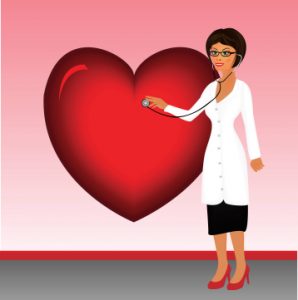
It’s a good idea to do your research and ask for recommendations from friends or family who have used CHM. You can also ask your doctor for a referral or check online for practitioners in your area who specialize in CHM.
Once you’ve found a qualified practitioner, it’s important to discuss your health concerns and ensure that your practitioner is familiar with the herbs and formulas they are recommending.
Chinese Herbal Medicine for Holistic Health
Chinese Herbal Medicine (CHM) is a great option for those looking for a holistic approach to health and wellness. It is based on the ancient principles of TCM and focuses on treating the whole person, rather than just a single symptom or condition. The herbs used in CHM are believed to be able to balance the qi, which is the energy that flows through the body and is responsible for its overall health.
CHM is also seen as a complementary form of medicine, meaning it can be used together with conventional Western medicine to treat a variety of ailments. This makes it a great option for those looking for an alternative form of treatment.
Chinese Herbal Medicine Safety Considerations
As with any form of medicine, there are safety considerations when it comes to Chinese Herbal Medicine (CHM). It’s important to make sure that the herbs and formulas used in CHM are safe and appropriate for your individual needs.
It’s also important to make sure that the herbs and formulas used in CHM are of good quality and have been tested for safety. It’s a good idea to ask your practitioner for a list of ingredients and to make sure that the herbs and formulas they are recommending are safe for you.
Finally, it’s important to make sure that the practitioner you are working with is qualified and experienced in CHM. As with any form of medicine, it’s important to find a qualified practitioner who can tailor the treatments to your individual needs.
Conclusion
Chinese Herbal Medicine (CHM) is an ancient form of healing that has been used for centuries in Asia and is gaining popularity in the West. It is a holistic approach to health and wellness that focuses on treating the whole person, rather than just a single symptom or condition. The herbs used in CHM are believed to be able to balance the qi, which is the energy that flows through the body and is responsible for its overall health.
AIHCP offers a comprehensive program for Healthcare Professionals to earn a certification in Holistic Health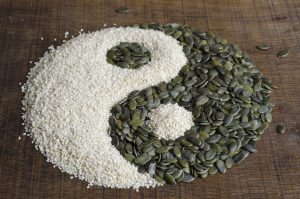
CHM is often seen as a complementary form of medicine, meaning it can be used together with conventional Western medicine to treat a variety of ailments. It is important to find a qualified practitioner who is experienced and knowledgeable in CHM and can tailor the treatments to your individual needs.
Chinese Herbal Medicine can be a great option for those looking for a holistic approach to health and wellness. It is important to be aware of the safety considerations and make sure that the herbs and formulas used in CHM are safe for your individual needs. With the right practitioner, CHM can be a great way to achieve holistic health and wellness.
Please also review AIHCP’s Holistic and Integrative Healthcare Practitioner Program. Also known as Holistic Nursing, nurses and other qualified healthcare professionals can take the online and independent study program to earn the four year certification. Please review the Holistic Nursing Program and see if it matches your academic and professional goals.
Additional Resources
“Chinese Medicine and The Causes of Disease”. Emma Suttie. March 24th, 2022. MindBodySoul. Access here
. 2019;47(3):495-506. doi: 10.1142/S0192415X19500253. Epub 2019 Apr 25. National Library of Medicine. Access here
“Holistic Health”. Suzan Walter, MBA. American Holistic Health Association. Access here

 Commentary:
Commentary: